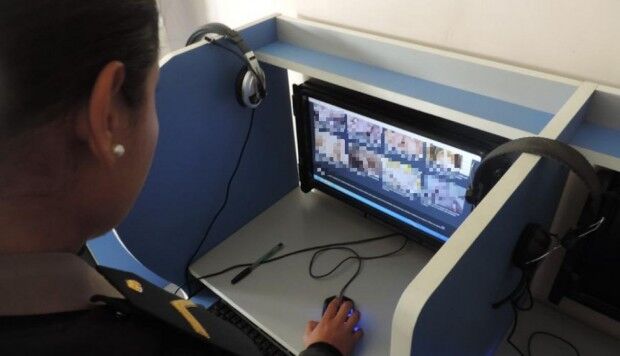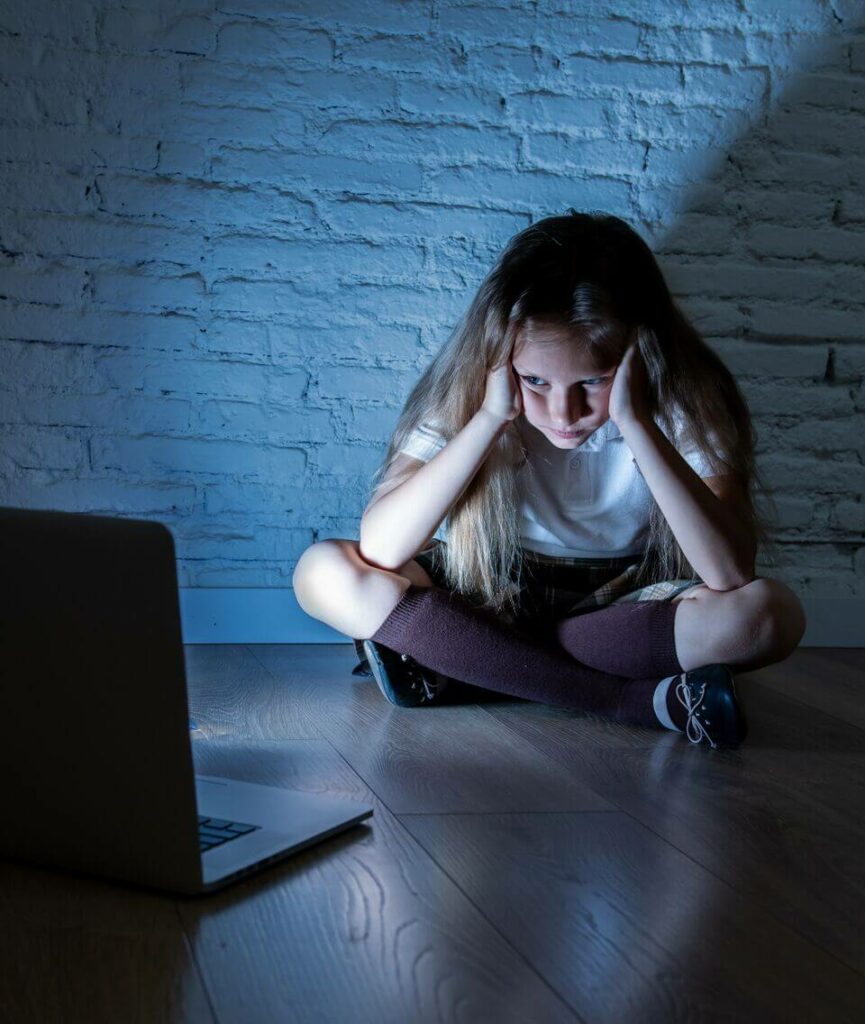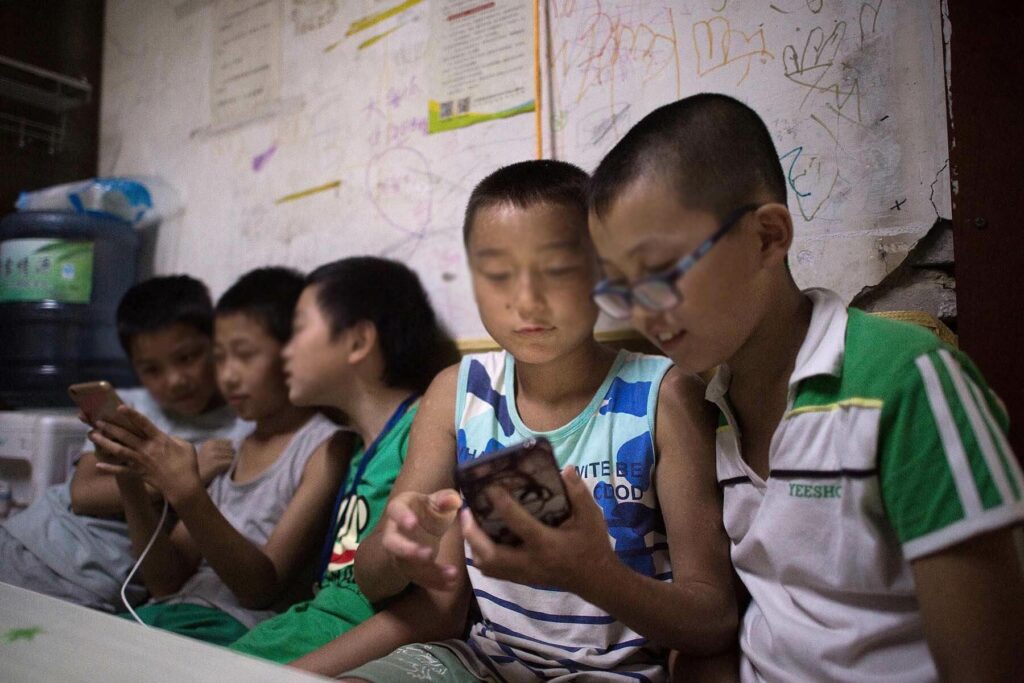
Overview
In 2017, the DQ Institute collaborated with Grupo Edutec to bring the #DQEveryChild movement into Peru. With limited time to take part in the 2017 DQ World Programme, Mónica Bazán and her team at Grupo Edutec worked to offer schools the opportunity to participate in the 2017 DQ Study instead. The Study provides these schools with the necessary foundations for shaping their pedagogical approaches to digital citizenship education by first giving schools a preliminary review of their students’ current exposure to cyber-risks and their digital use habits.
Through their initiatives, more than 3,000 students were brought into the #DQEveryChild movement. Schools that had over 100 respondents will receive a DQ Screen Time Report, setting the groundwork for further collaborations with the Institute in 2018 for a wider implementation of the DQ World programme across Peru.

Acoso sexual entre los peligros de internet a los que niños peruanos están expuestos
En el Día de Internet Seguro se conoció que un estudio del Foro Económico Mundial y DQ Institute revela que el 64% de los niños peruanos podría ser víctima de ciberbullying, acoso sexual en línea y otros peligros en la red. El informe advierte que el 56% de los menores de 8 a 12 años de 29… READ MORE

Ciberacoso: 58% de menores peruanos entre 8 y 12 años están expuestos

Cómo evitar el bullying digital
Un estudio del Foro Económico Mundial y el DQ Institute reveló que seis de cada diez menores de edad en el Perú están expuestos a algún riesgo en internet. De esta cifra, el peligro más frecuente es el ciberacoso con un 58%. READ MORE

6 de cada 10 niños en Perú están expuestos a algún riesgo en internet
En el Día de Internet Seguro se conoció que un estudio del Foro Económico Mundial y DQ Institute revela que el 64% de los niños peruanos podría ser víctima de “ciberbullying”, acoso sexual en línea y otros peligros en la red. READ MORE

From Our Partner
Mónica Bazán
Grupo Edutec
“We are very excited about bringing digital citizenship to Peru because we believe that more than including or using technology in class, we have to create and promote a technological culture based on critical thinking and creativity to maximize the learning process. In that way, Digital Citizenship is very important because the students have to be aware of cyber risk and develop their own way to convert these risks into opportunities, so they can improve their learnings.”

